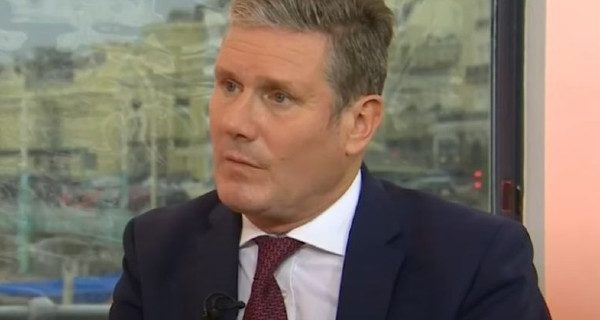"If an authoritarian nation, such as China, displaces America as the dominant global power, then democracies all over the world will feel the consequences." — Gideon Rachman, columnist, Financial Times.
"Too many European elites still do not want to admit that democracies are in a systemic rivalry with autocracies. Refusing to acknowledge reality is convenient for them since it justifies their inaction. But we need to do the opposite and double down in our defense of democracies." — Andreas Fulda, China expert, University of Nottingham.
"The US thinks about how to contain China. And Australia too is in the position of thinking about how one contains, as opposed to how one accommodates; that's the fundamental difference with France. As a consequence, the US looks like the better partner." — Richard Whitman, professor of politics and international relations, University of Kent.
"I think it was the only option for Australia because the French were not going to annoy or unnecessarily irritate Beijing. They wanted trade, economic, and investment relations. Now, Australia will have the capability to sink the Chinese navy in 72 hours; that's what this is all about. The Chinese know they have been outmaneuvered, and they're very angry. In a very short period of time, Australia has gone from a doormat to something very considerable — it's an extraordinary development." — Joseph Siracusa, geopolitical analyst, Sky News Australia.
"The lesson of the past few weeks is that the world does not run on Brussels time, with its long periods for consultation, courteous attention to the electoral cycles of 27 countries, and sacrosanct weekends, evenings, and lunch breaks." — Edward Lucas, Europe analyst, Center for European Policy Analysis.
"France underestimated how China's naked military ambition, chronic disregard for international order, and barely concealed aspirations to control the deep Pacific and Antarctica pushed Australia to make tough decisions about the future." — Craig Hooper, geopolitical analyst, Forbes.
"It is hard to overstate the importance of the so-called Aukus alliance between the US, the UK and Australia — and the implicit geopolitical disaster for the EU." — Wolfgang Münchau, commentator, The Spectator.
"The extent of Emmanuel Macron's fury is absurd, and only shows the sublime lack of self-awareness that has come to characterize Europe's myopic political elites.... The European establishment has a long history of treating its geopolitical partners abysmally while wearing a mask of moral superiority." — Editorial board, The Telegraph.
"The EU continues to decline to take any serious responsibility for global peace and security, preferring to see the economic and commercial opportunities in the relationship with China, rather than the threat the Chinese Communist Party represents." — Gerard Baker, columnist, The Wall Street Journal.

Australia, the United Kingdom and the United States have announced a new tripartite strategic alliance aimed at countering China's growing assertiveness in the Indo-Pacific region. The AUKUS defense agreement, under which Australia will acquire American-designed nuclear-powered submarines, is a welcome paradigm shift intended to enhance the projection of Western military power in the region. Pictured: The USS Virginia nuclear-powered attack submarine. (Image source: U.S. Navy)
Australia, the United Kingdom and the United States have announced a new tripartite strategic alliance aimed at countering China's growing assertiveness in the Indo-Pacific region. The AUKUS defense agreement, under which Australia will acquire American-designed nuclear-powered submarines, is a welcome paradigm shift intended to enhance the projection of Western military power in the region.
AUKUS will supplement the Quadrilateral Security Dialogue (also known as "The Quad"), a military partnership between Australia, India, Japan and the United States aimed at protecting freedom of navigation in the broader Asia-Pacific region. It will also strengthen Five Eyes, an intelligence-sharing alliance comprising Australia, Canada, New Zealand, the United Kingdom and the United States.
Continue Reading Article





















